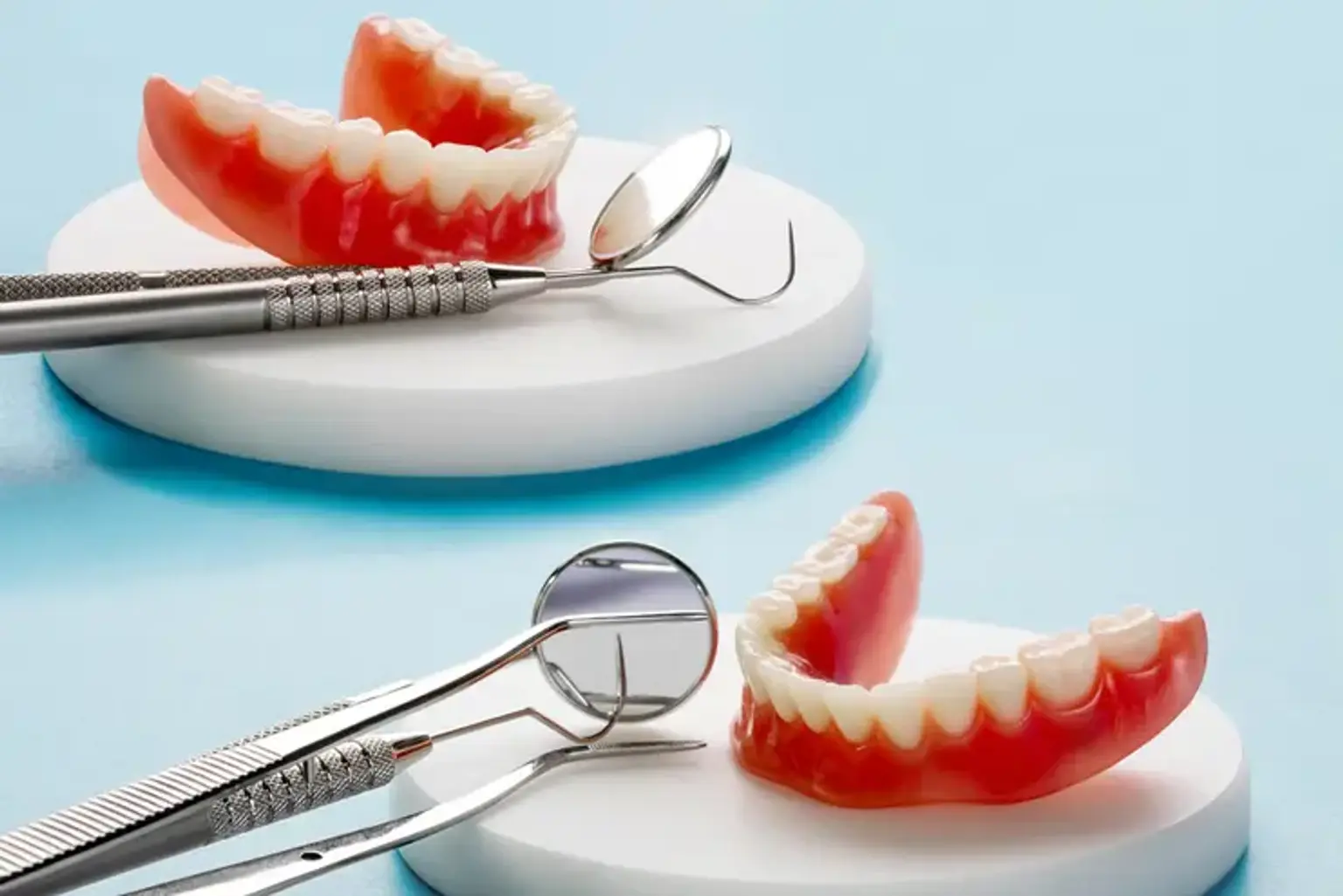Introduction
Full dentures, also known as complete dentures, are a trusted solution for people experiencing complete tooth loss. Whether due to age, gum disease, or an accident, losing all your teeth can significantly impact your ability to speak, eat, and smile with confidence. Full dentures can restore your quality of life, offering both functional and aesthetic benefits.
They provide a non-invasive way to regain a full set of teeth and bring back facial structure that may have been lost over time. This article delves into everything you need to know about full dentures, from the types available to the process of getting them fitted, helping you decide if they’re the right option for you.
What Are Full Dentures?
Full dentures are prosthetic devices designed to replace all missing teeth in the upper or lower jaw. Unlike partial dentures, which are used when some natural teeth remain, full dentures are used when there are no teeth left. These dentures are custom-made to fit the shape of your mouth, providing comfort and a natural appearance.
There are two primary types of full dentures:
Removable Dentures: These are the traditional type of dentures that can be taken out of your mouth for cleaning and maintenance. They rest on the gums and are held in place by suction or adhesive.
Permanent Dentures (Implant-Supported): These are attached to dental implants that are surgically placed in the jawbone. This offers a more stable solution, reducing the need for adhesives and eliminating the risk of the dentures shifting out of place.
Materials used in making dentures typically include acrylic resin for the base and porcelain or acrylic for the teeth, offering a balance of durability and natural appearance.
